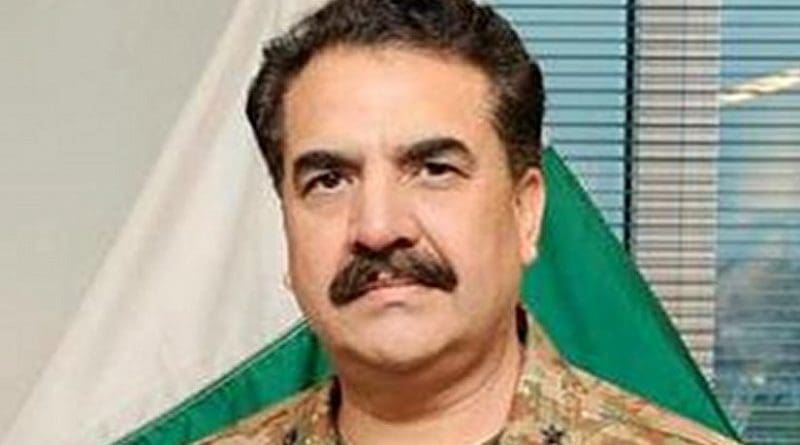Pakistan: Time To Stop Banking On External Powers, Your Problems Are Within – OpEd
By Tridivesh Singh Maini*
During his recent visit to Pakistan, Iranian President Rouhani while reiterating the close ties between Iran and Pakistan, made a reference to the close ties which Iran also shares with India.
On being asked about whether the Pakistani army chief, Raheel Sharif, had raised the issue of Indian intelligence agency RAW’s presence in Balochistan, the President snubbed a journalist who asked him the question during a media interaction. Said the Iranian President, “I have heard that about 20 times now. Whenever we get close to Pakistan, such rumours come up. We have brotherly relations with Pakistan. We also have a good relationship with India thus, there is no problem…We believe in positive relations between Pakistan and Iran, therefore, we did not discuss any such rumors during our meeting”.
Only a few weeks earlier, the Saudi Foreign Minister, Adel Al Jubair, in an interview to Times of India had categorically stated that Saudi Arabia shares close relations with both India and Pakistan, but would not like to interfere in the bilateral relationship. Said, ‘Pakistan is a historic ally and will remain so. Our relations with Pakistan do not come at the expense of our relations with India. India is a strategic partner in all fields. If having such close relations with both countries can be useful in helping the two nations overcome their differences, we would be willing to help. But we will not impose ourselves on either of them’.
The changing dynamics of India-Saudi relations, as well as Pakistan’s focus on both Iran and Saudi Arabia, categorically reiterate that relations cannot be looked at from traditional lenses. For long, it was believed that on strategic issues, Saudi Arabia would blatantly back Pakistan. The extradition of terrorists such as Abu Jundal and the increasing defence and military cooperation between Riyadh and New Delhi clearly shows that there has been a significant change.
Islamabad needs to realize that while it may be important due to geo-politically, not all third countries – including its allies — are going to intervene in relations it maintains with India. While the US has nudged India to engage with Pakistan, China too has made subtle attempts, but in recent times, both the countries have refrained from doing so. Either Pakistan adopts a pragmatic approach, and seeks to benefit from India, or it sticks to its approach of riding piggyback on China, and being a headache for India, while putting pressure on India to engage with it through third parties. There is very little probability of the second situation.
The old discourse of ‘India not being able to progress without Pakistan’, cannot dictate India’s foreign policy towards Pakistan. A good relationship with Pakistan would certainly do India no harm, but New Delhi certainly cannot afford to get blackmailed into engaging with Pakistan or kowtowing to it. The US for long has fallen for GHQ’s blackmail with regard to both countries being nuclear states has made the mistake of being soft on
Ultimately, Pakistan needs to find areas where it can benefit, as other pragmatic neighbors, specifically Bangladesh have from the India story. While some moves of the current Pakistan Muslim League (N) government, led by Prime Minister Nawaz Sharif, a pragmatist, need to be lauded, it is time that reasonable elements in Pakistan channelize their energies in countering obscurantist forces and leave no stone unturned in the fight against terror. Events such as the tragic one on March 27, where women and children from the minority Christian community were made the deliberate targets of terrorism cannot be attributed to India, but are the consequences of Pakistani state’s policies over the past four decades – where the lethal combination of religious radicals and the army have had an inordinate influence on policy.
No longer can Pakistan continue to run with the hare and hunt with the hounds. It needs to resolve its own issues; no external power can assist it in its fight against religious obscurantism and terror. The only thing which external powers can do is giving space to the civilian government, and not doing anything to destabilize it. Unfortunately, no outside force, with the exception of India in recent times, have really understood the necessity to the reach out to civilian forces, and not fall for the blackmail of General Headquarters (GHQ) of the Pakistani Army. On the contrary all external powers, including protagonists of democracy, have continuously backed Rawalpindi.
*Tridivesh Singh Maini is a Senior Research Associate with The Jindal School of International Affairs, OP Jindal Global University. He can be reached at: [email protected]

